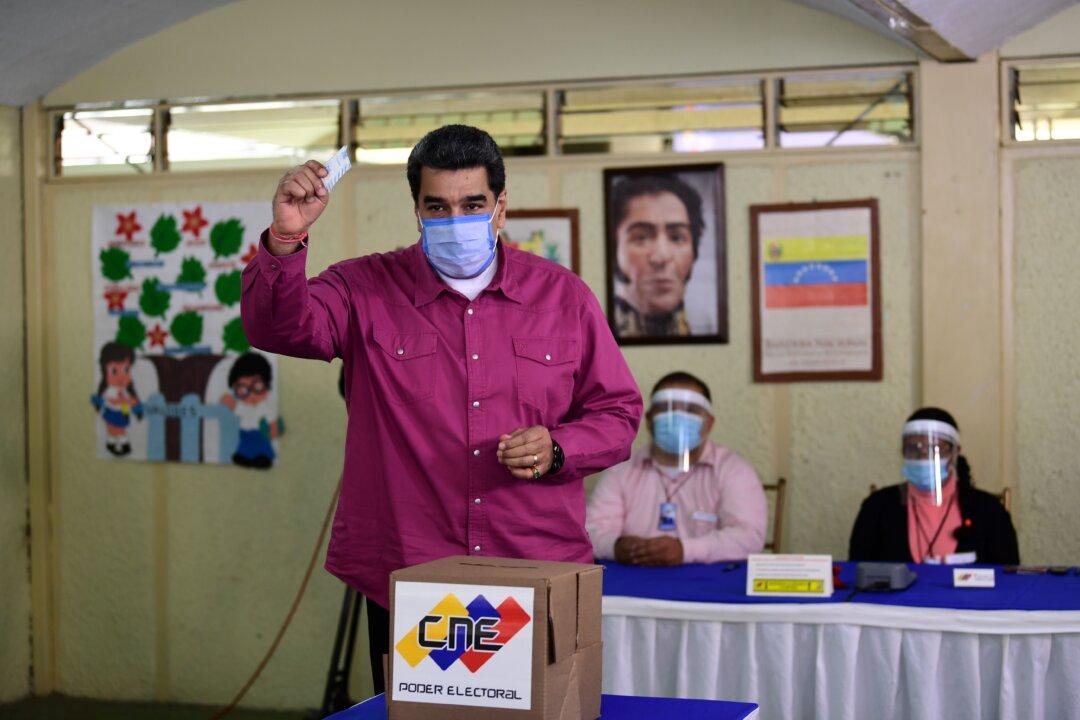The Biden administration is easing multiple oil and gas sanctions on Venezuela after the nation’s socialist government and opposition agreed to abide by certain measures as part of efforts to ensure democratic elections next year, the U.S. Department of the Treasury’s Office of Foreign Assets Control announced on Oct. 18.
“The United States welcomes the signing of an electoral roadmap agreement between the Unitary Platform and [Venezuelan leader Nicolás] Maduro’s representatives,” Brian Nelson, the Treasury Department’s undersecretary for terrorism and financial intelligence, said in a statement announcing the partial easing of the sanctions.




